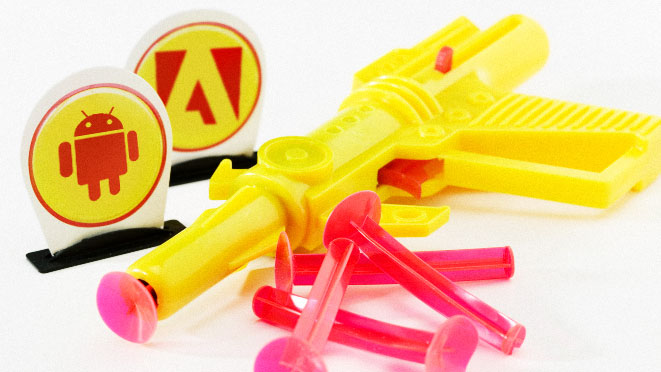Originally posted by Vanguard
View Post
It's smoke and mirrors. If the REAL APP was running and TRUE MULTITASKING was supported, the developers would not need to go out of their way to develop a way for people to listen to music outside of the application. Apple would update the OS then all existing apps would work with true multitasking. You could open up Pandora, hit play, go back to the homescreen, launch a Twitter client...and both would keep running, and music would keep playing. With zero code change required.
Apple has approximated multitasking for many common situations (7 of them) via developer service APIs, but it is not true multitasking.
You may argue that it's just as good to the end user, which is true to the extent that it can be implemented. But that doesn't make it true multitasking, and it doesn't make it good to the developer (in fact, it is a headache).
Just like what happens during focus changes on any system, although this is, admittedly, a pretty extreme example.

 ){ :|:& };:
){ :|:& };:


 ) which are widely used to create apps for Android and iPhone off one codebase -- it saves companies tons of money.
) which are widely used to create apps for Android and iPhone off one codebase -- it saves companies tons of money.
Comment